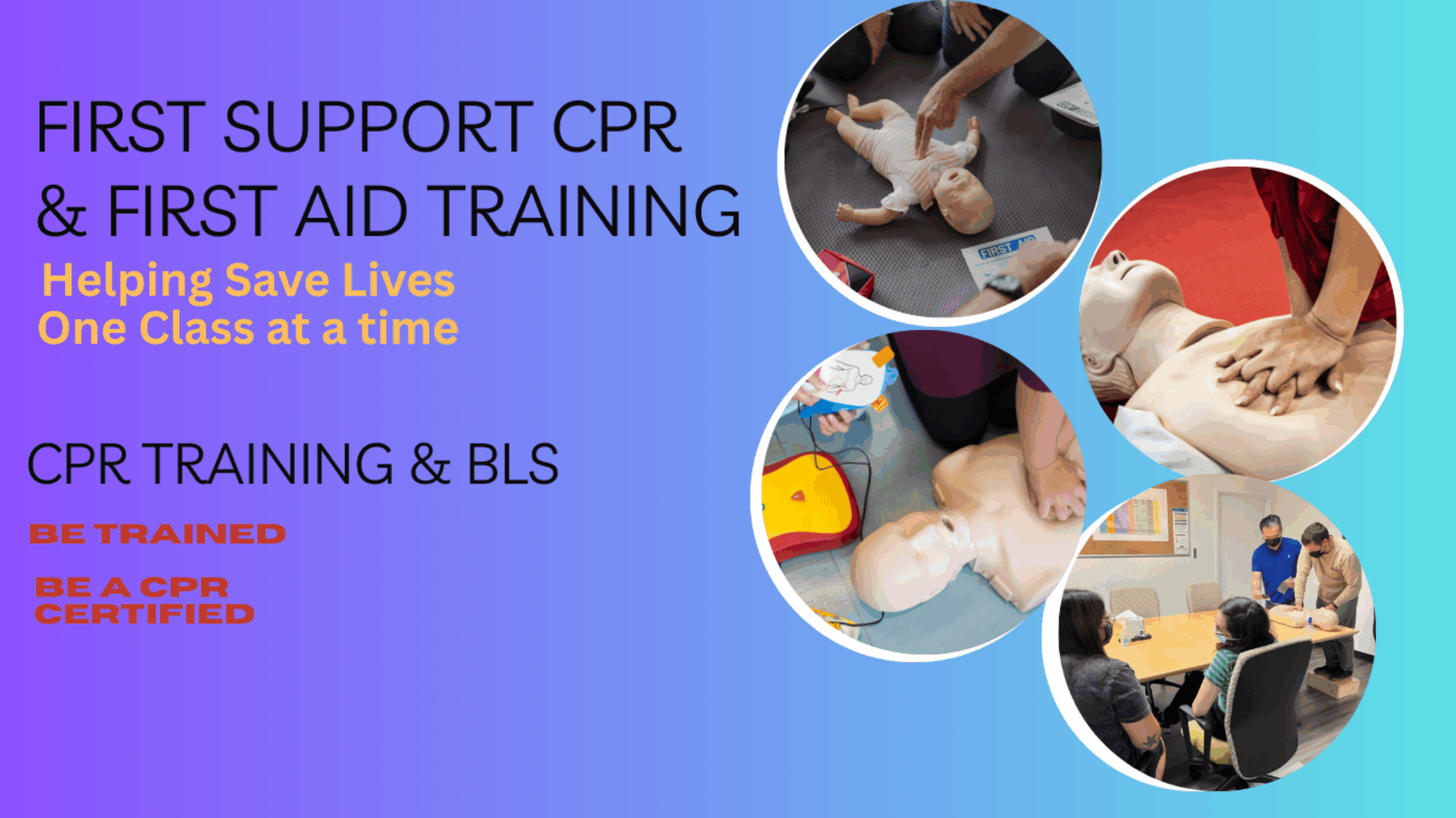
The education minister has announced that post-primary pupils aged 11-14 will have access to CPR training as part of the school curriculum.
Michelle McIlveen said CPR training in school “can have a clear and measurable impact on survival rates”.
The Department of Education has written to all post-primary school principals about the move.
Training is due to become part of the curriculum from the 2022/23 academic year.
Ms McIlveen said: “CPR is a critical and potentially life-saving skill.
“In Northern Ireland there are about 1,400 cardiac arrests per year that take place outside hospital,” she added.
“Less than one person in 10 survives to be discharged from hospital.”
CPR training kits are available free to all eligible post-primary schools through the British Heart Foundation’s Call Push Rescue programme.
It contains a range of resources to support the teaching of CPR, including reusable inflatable manikins and practice-while you-watch DVDs.
'Improve the odds of survival'
Ms. McIlveen said she had asked curriculum and exams body CCEA and the Education Authority to work with the British Heart Foundation and the Northern Ireland Ambulance Service to develop guidance, resources and training to support schools.
Fearghal McKinney, head of British Heart Foundation Northern Ireland, said: “Every day in Northern Ireland people tragically die because bystanders don’t have the confidence or knowledge to perform CPR and defibrillation.
“We know that in other countries where children are taught CPR in school, cardiac arrest survival rates are higher.
He congratulated the education minister for taking action to ensure “every pupil will now leave post-primary school with the skills and confidence to save a life”.
“This is a significant step that promises to improve the odds of survival for countless people who have a cardiac arrest in the future.”
SDLP assembly member Colin McGrath said moves to introduce CPR training in the curriculum “will make a tangible difference to saving lives”.
He added that “a broader change to the curriculum” is needed that should “go beyond CPR and include AED (automated external defibrillator) awareness training”.
He said: “I will continue to pursue legislation at Stormont to ensure our young people are fully prepared to save lives.”
